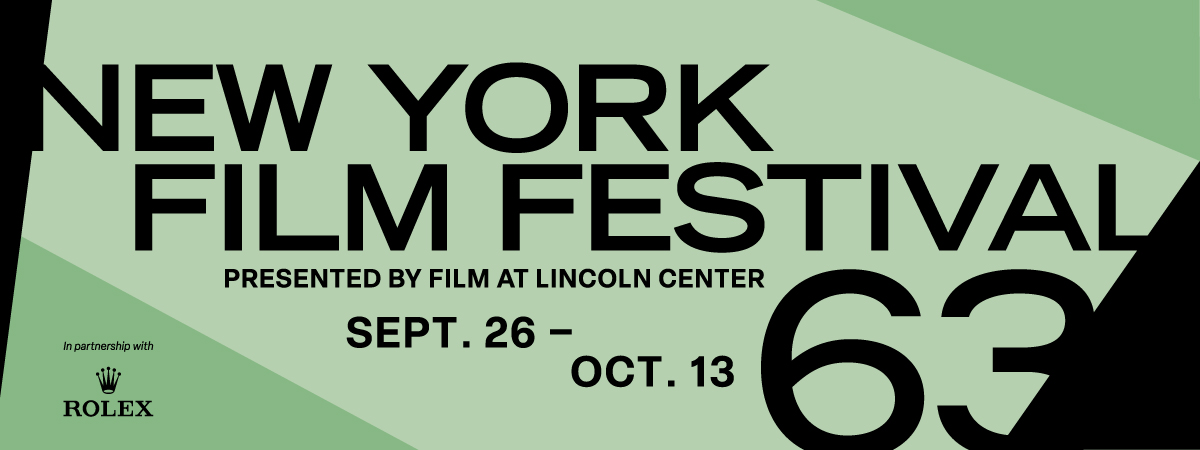
"The film's protagonist, Ed Saxberger ( Willem Dafoe), is a New York poet who quit writing verse decades before but still listens to the greatest hits of yesteryear. That's how he happens to put on a recording of Pound reading his Canto LXXXI: What thou lovest well remains, the rest is dross/What thou lov'st well shall not be reft from thee/What thou lov'st well is thy true heritage."
"In Jones' extraordinary comedy-drama, Ed, now a longtime employee of the post office, is accosted one night in front of his downtown apartment building by a young man (Edmund Donovan) who professes not only to know the one book of the older man's verse that was published in 1979, but to revere it. More than that, he is part of a group of young New Yorkers, the self-styled Enthusiasm Society, who likewise cherish his work."
""Late Fame" was scripted by Samy Burch from a fiction by Arthur Schnitzler, which sharply satirized the bohemianism of early 20 th century Vienna. But satiric skewering isn't what Burch and Jones are up to here. They ask us to take their 21 st century bohos with a measure of seriousness, albeit with a smile and perhaps a raised eyebrow. They stand purposefully against a culture of "influencers" and internet drivel. Who wouldn't agree with that?"
An aging New York poet, Ed Saxberger, quit writing decades earlier but still listens to recordings of past literary figures. A young admirer and his Enthusiasm Society reveal that Ed's single book from 1979 has become a cult touchstone for earnest twentysomethings. The group treats Ed's verse as a cultural heritage and seeks guidance from his legacy. The film frames this encounter as a gentle, warm comedy-drama that resists sharp satire and instead grants the young devotees seriousness and dignity. The filmmakers juxtapose nostalgic literary devotion with contemporary influencer-driven culture and suggest continuity between past and present artistic communities.
Read at Roger Ebert
Unable to calculate read time
Collection
[
|
...
]